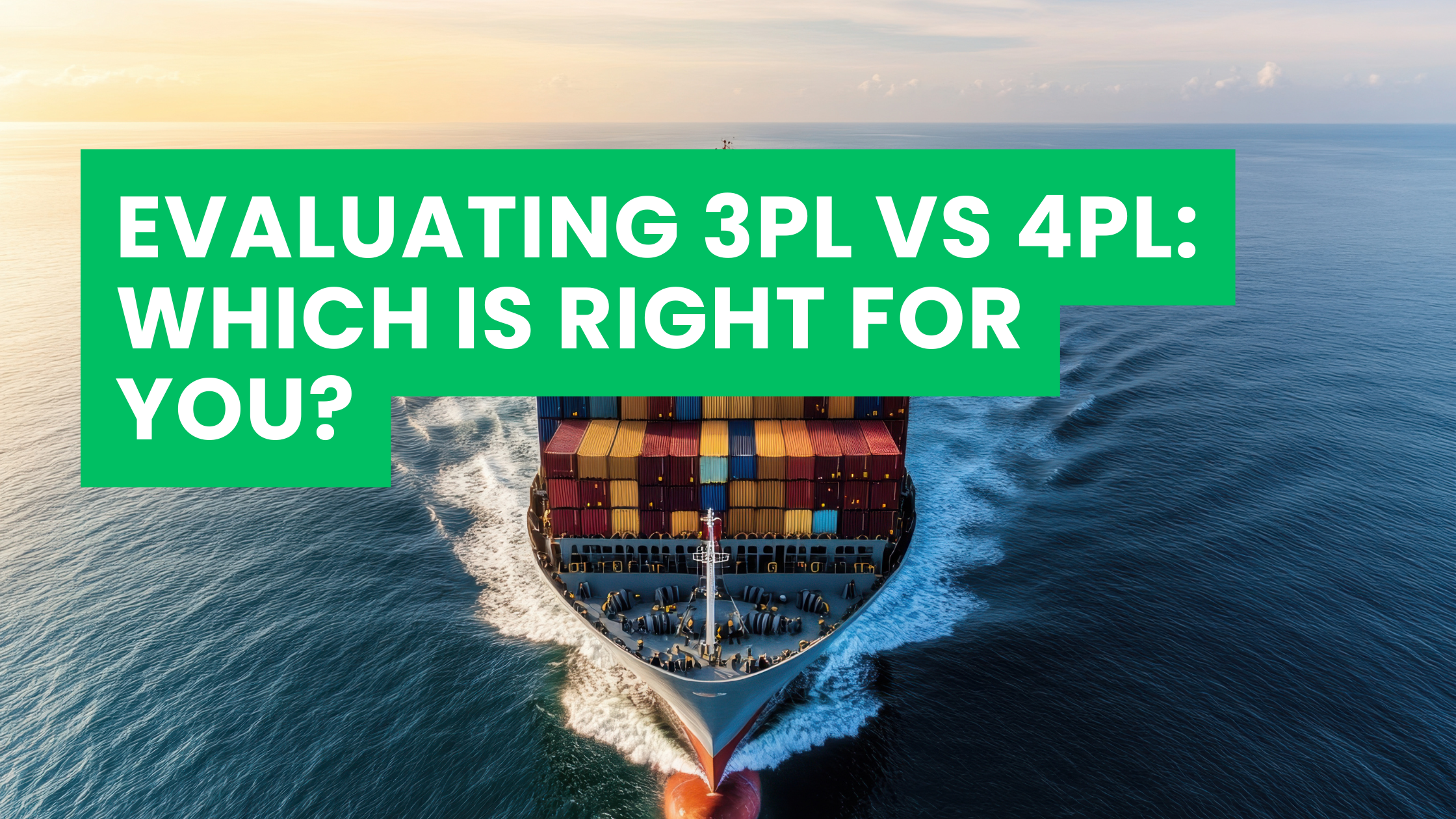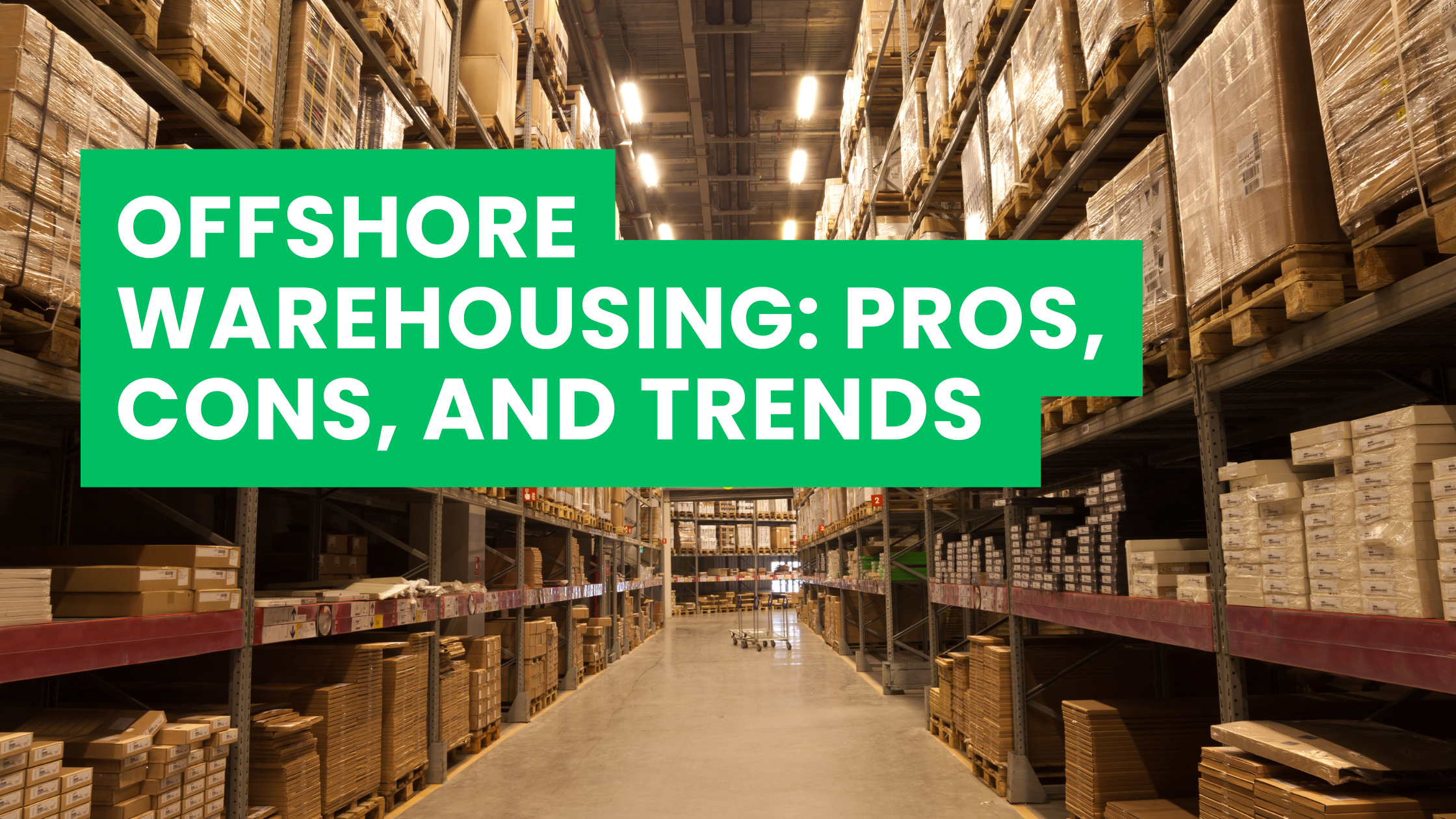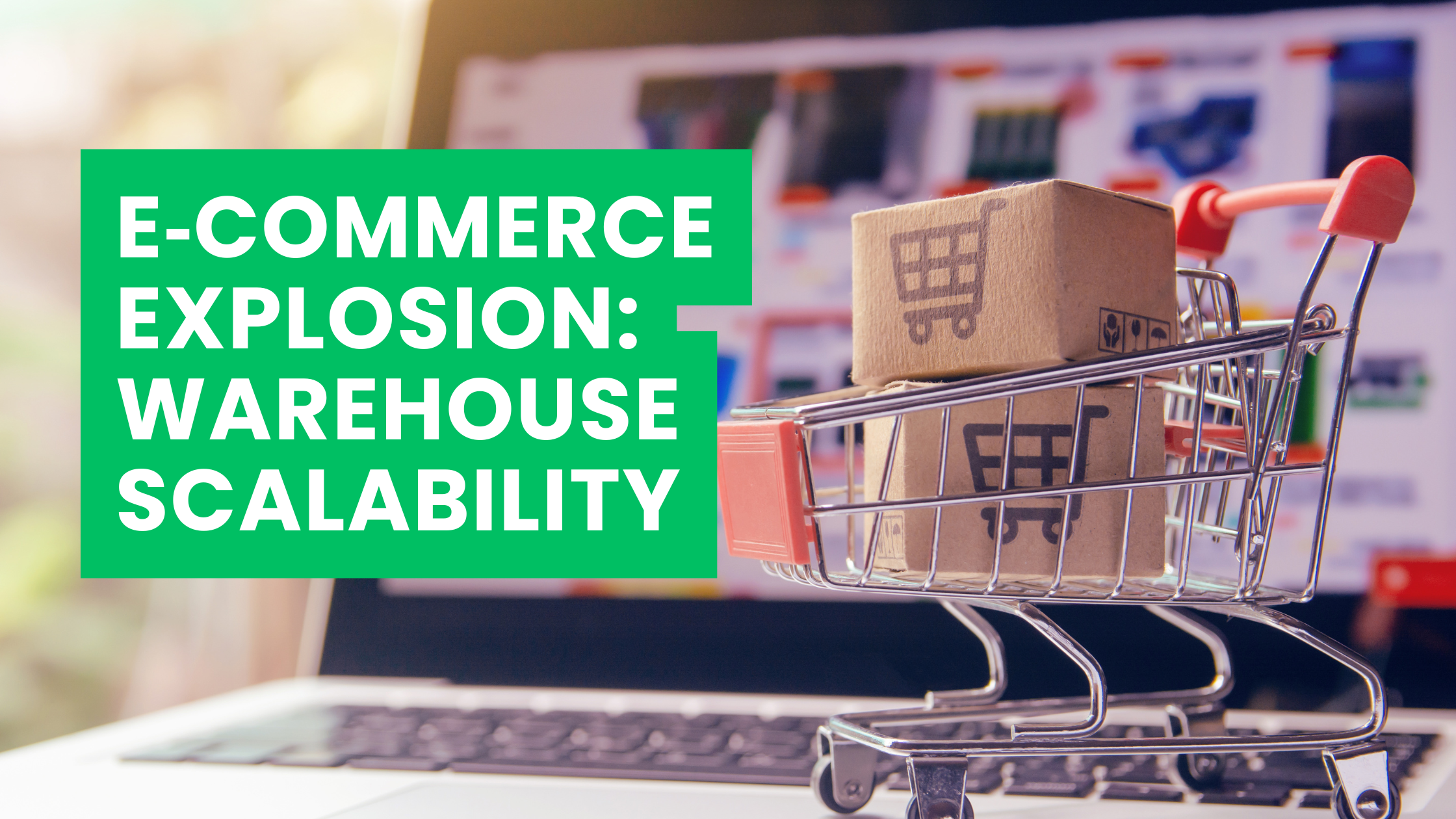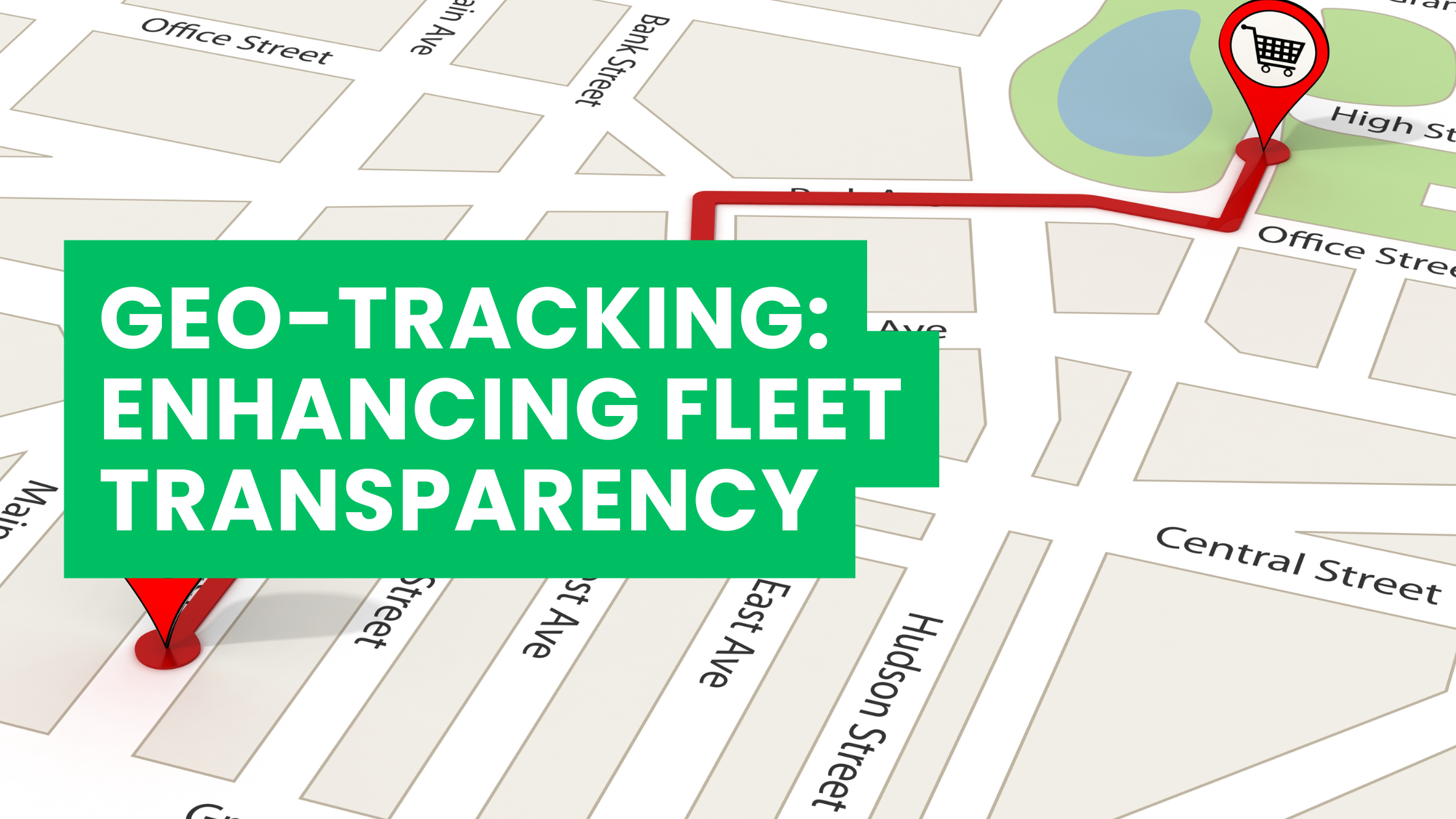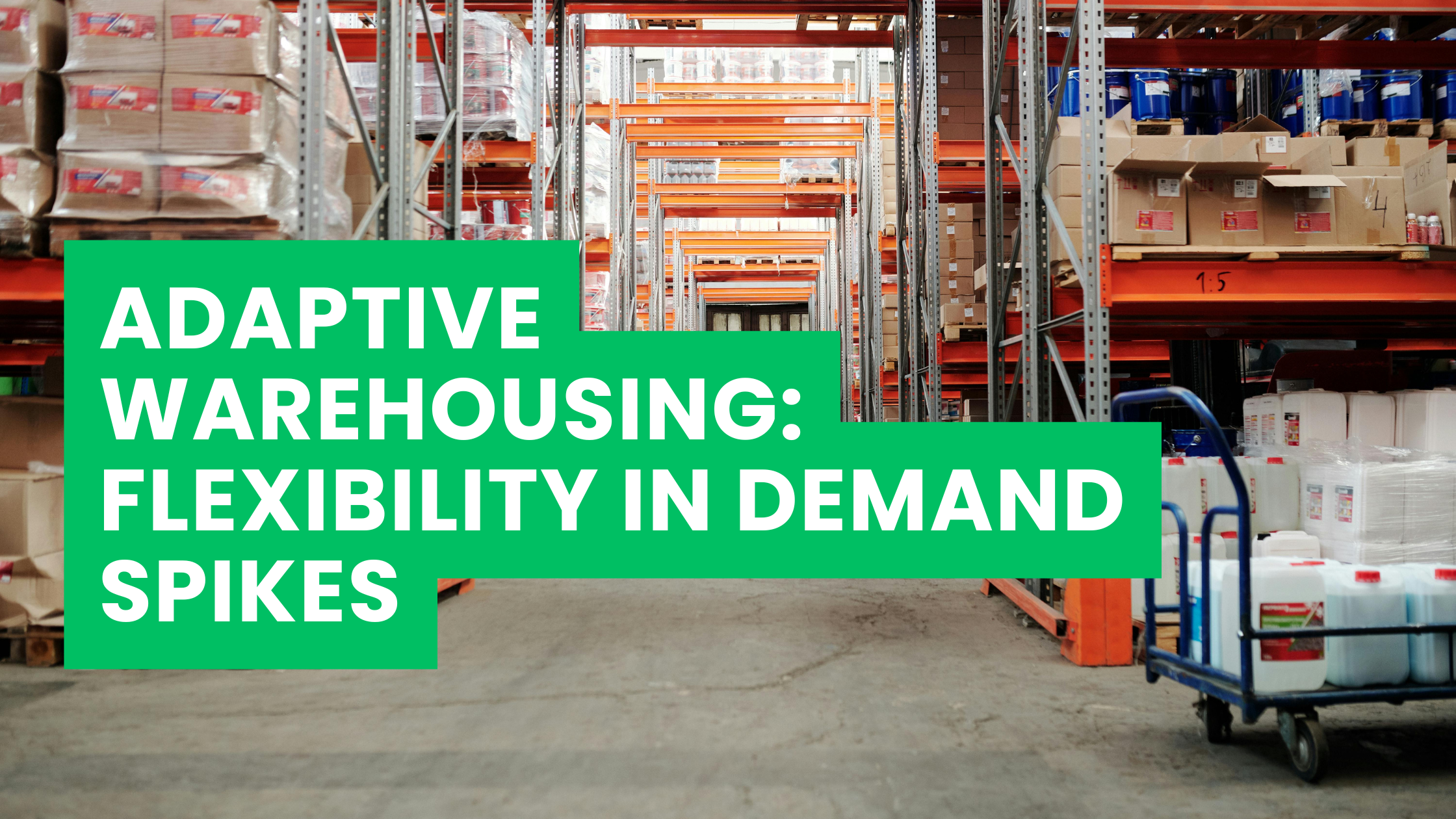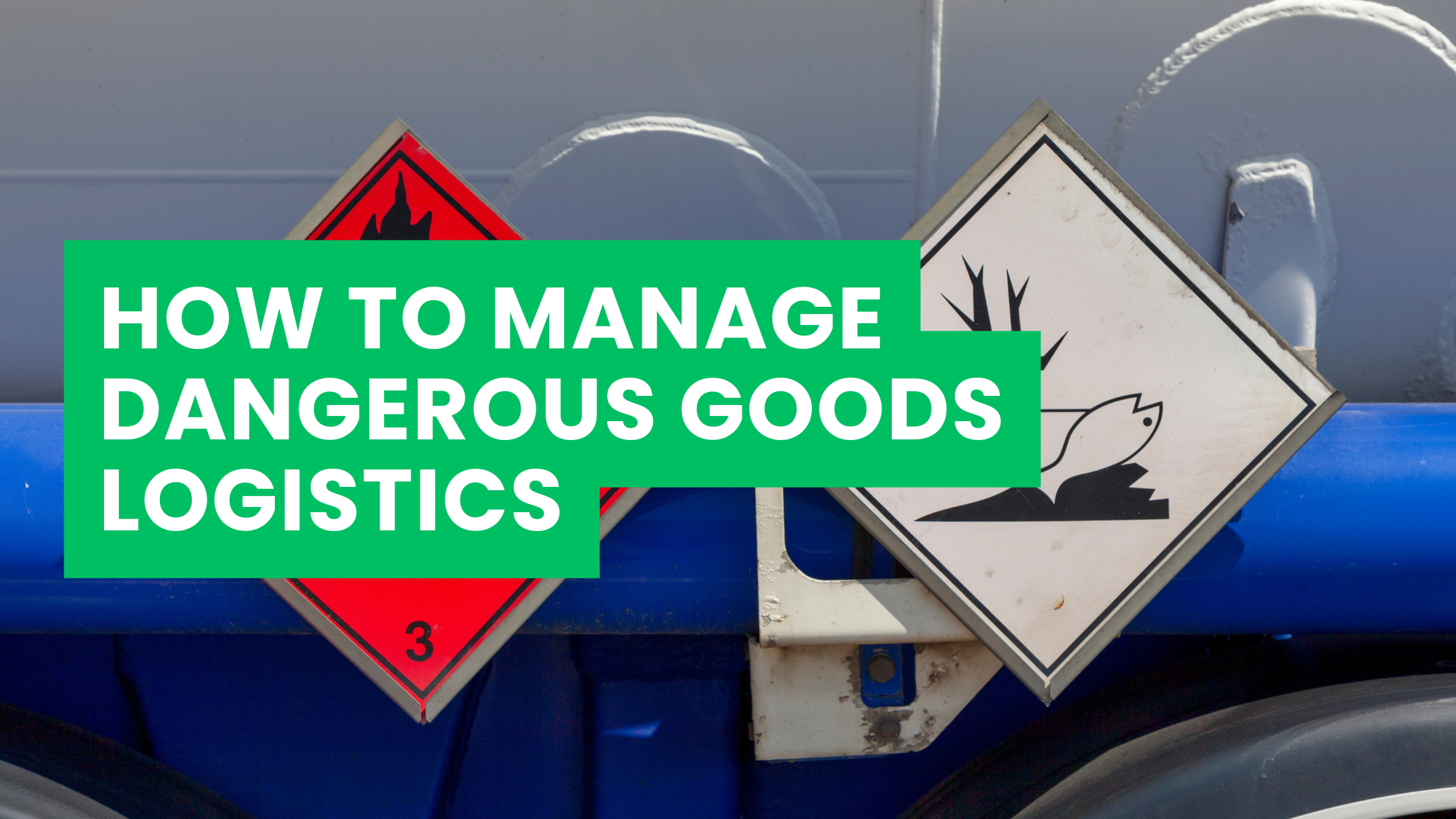Introduction: Why Incoterms Matter in 2025
Incoterms—short for International Commercial Terms—serve as the global standard for defining responsibilities between buyers and sellers in international trade. Published by the International Chamber of Commerce (ICC), these terms help streamline shipments, reduce legal confusion, and ensure smooth customs clearance.
As global trade evolves in the face of geopolitical shifts, e-commerce growth, digitalization, and sustainability demands, Incoterms 2025 have been revised to better reflect the realities of modern commerce. Understanding these changes is critical for businesses engaged in cross-border shipping, especially for IT and telecom firms relying on time-sensitive, high-value deliveries.
At ASL IOR, we help companies stay compliant and competitive by interpreting, implementing, and executing the latest Incoterms in their global operations. This blog post offers an in-depth overview of the Incoterms 2025 updates and explains how partnering with an experienced Importer of Record (IOR) provider can ensure seamless international trade.
What Are Incoterms and Why Do They Change?
Incoterms clarify who is responsible for:
- Transport and logistics
- Insurance
- Customs clearance (export and import)
- Payment of duties and taxes
- Risk transfer point (who bears the risk and when)
They are updated roughly every 10 years by the ICC to keep pace with shifting trade practices and address ambiguities or inefficiencies in existing terms.
Key Updates in Incoterms 2025
1. New Term: DTP (Delivered at Terminal Paid)
To provide more clarity for multimodal and e-commerce shipments, DTP replaces the inconsistent use of DPU and DAP. Under DTP:
- Seller is responsible for delivering goods to a terminal at destination.
- All duties and taxes are paid by the seller.
- Useful for companies using third-party IOR services to handle final delivery.
ASL Insight: This aligns perfectly with IOR scenarios where the buyer wants zero customs responsibilities.
2. Renaming and Clarification of EXW and DDP
EXW (Ex Works) and DDP (Delivered Duty Paid) were often misused. In 2025:
- EXW may be rebranded as “Ready for Pickup” to reduce confusion.
- DDP is split into DDP-VAT Included and DDP-VAT Excluded, particularly for Europe and other VAT-sensitive markets.
ASL Insight: Many tech companies mistakenly use DDP when they lack local tax registration—ASL’s IOR model bridges this gap without risk.
3. Enhanced Digital and E-Document Guidance
Incoterms 2025 now support digital documentation standards for:
- eAWB (electronic air waybills)
- Digital certificates of origin
- Blockchain-based trade documentation
ASL Insight: ASL IOR integrates digital customs filing in over 170+ countries, ensuring compatibility with Incoterms 2025 digital provisions.
4. Environmental Clauses
Shippers and consignees can now insert carbon offset responsibilities into certain Incoterms, especially CFR, CIF, and FCA.
ASL Insight: As ESG compliance grows, ASL helps clients implement green shipping documentation and sustainability-led IOR strategies.
How Incoterms 2025 Affect Global Supply Chains
✅ Improved Risk Allocation
Clearly defined risk transfer points allow parties to better manage insurance, especially for fragile electronics, networking gear, and medical IT devices.
✅ Enhanced Customs Preparedness
Buyers and sellers can pre-define responsibilities for customs procedures, which is critical in high-risk jurisdictions.
✅ Greater Transparency in Costing
Terms like DTP and DDP-VAT Included give greater clarity over landed costs—helping finance teams budget accurately.
✅ Simplified Compliance with Local Regulations
Updated Incoterms help avoid non-compliance penalties in markets where VAT/tax documentation is strict—like the EU, UAE, and India.
The Role of IOR Providers Under Incoterms 2025
An Importer of Record (IOR) takes responsibility for importing goods on behalf of the buyer, particularly under terms like DDP, DTP, DPU, or CIF. With Incoterms 2025 emphasizing tax handling, digital filings, and risk clarity, the IOR’s role becomes even more vital.
Key Responsibilities of an IOR Partner Like ASL:
| Function | Incoterms 2025 Relevance |
|---|---|
| Legal Importer Role | Required under DTP, DDP, DPU |
| Tax and Duty Payment | Essential under DDP-VAT Included |
| Customs Clearance | Critical for FCA, CFR, DAP |
| Digital Documentation | Supports new e-doc guidance |
| ESG/Sustainability Reporting | Aligns with new environmental clauses |
Real-World Example: Using DTP + IOR for Tech Imports in Brazil
A US-based data center hardware provider needed to ship servers to São Paulo but lacked a local entity. ASL IOR stepped in under a DTP agreement, managing:
- Full tax and duty payments
- ANATEL certification
- Airport terminal clearance
- Last-mile delivery
Outcome:
Shipment cleared in 4 days with 100% customs compliance. No legal exposure to the client.
Choosing the Right Incoterm in 2025: A Strategic Decision
To adapt to Incoterms 2025, businesses must carefully choose the right terms based on:
- Their legal presence in the destination country
- Tax registration (VAT/GST ID availability)
- Control needs over logistics
- Risk appetite
Guideline Table:
| Business Type | Suggested Incoterm | IOR Required? |
|---|---|---|
| Tech Startup (No Entity) | DTP or DDP | ✅ Yes |
| Multinational with Entity | FCA or CIP | ❌ No |
| E-Commerce Seller | DAP | ⚠️ Optional |
| High-Value IT Equipment Buyer | CIF + IOR | ✅ Yes |
ASL Recommendation: When in doubt, opt for DTP with IOR support to retain delivery control while avoiding customs compliance risks.
Common Pitfalls to Avoid in Incoterms 2025
- Using DDP Without a Local Tax ID
- Leads to delays or seizure of goods.
- Let ASL act as IOR instead.
- Relying on EXW Without Export Control
- Can violate local export laws.
- Ignoring Digital Documentation Standards
- Risk of non-clearance in digital ports.
- Misunderstanding “Delivery” Definition
- Always clarify whether delivery means “available at terminal” or “at consignee door.”
How ASL IOR Helps You Adapt to Incoterms 2025
At ASL IOR, we go beyond standard freight services. We provide:
✅ Expert Incoterm Consultation: Helping clients select the correct Incoterm for each market.
✅ IOR Representation: Legal importing in 170+ countries on your behalf.
✅ Automated Compliance: Digital customs submissions, tax filings, and ESG compliance.
✅ Flexible Contract Structures: Tailored to work with Incoterms 2025 language.
Whether you’re shipping to complex markets like India, Brazil, or Africa—or expanding e-commerce into the EU—we ensure your Incoterms are properly applied, documented, and executed.
Conclusion: Mastering Incoterms 2025 with Confidence
The revised Incoterms 2025 aim to bring greater clarity, digitization, and environmental accountability to global trade. But these benefits can only be realized if businesses understand the changes and implement them properly across their operations.
With ASL IOR by your side, you gain a strategic partner who can help interpret Incoterms, act as your Importer of Record, and ensure full regulatory compliance—so you can focus on growth, not paperwork.

